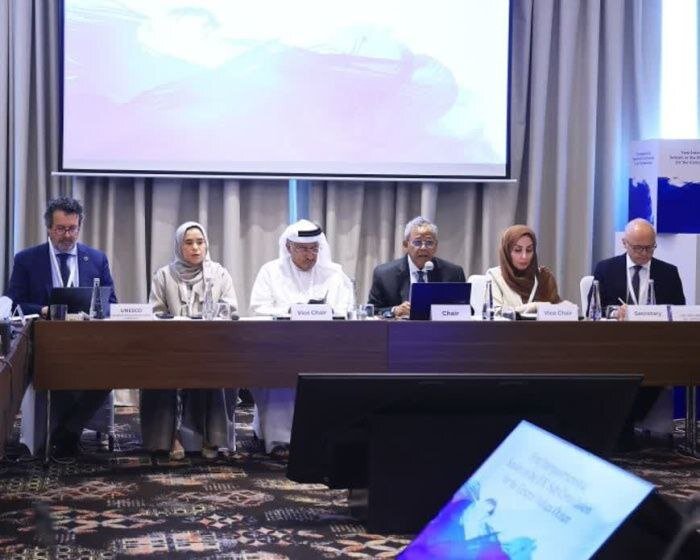
Similar Posts
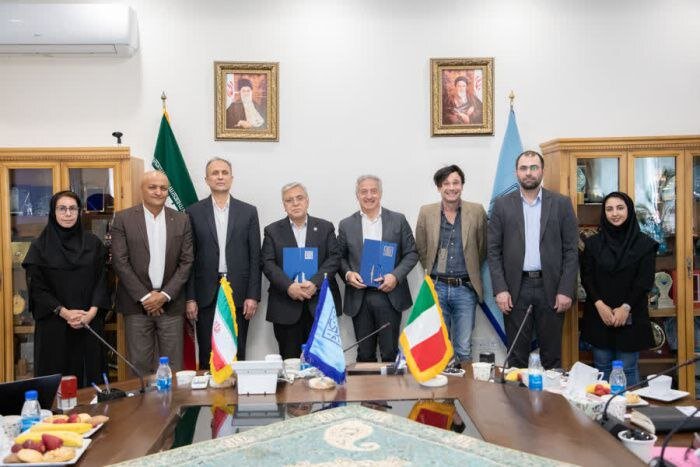
Iranian and Italian Universities Forge Groundbreaking Scientific and Educational Partnership
Shahid Beheshti University in Tehran has signed a memorandum of understanding (MOU) with Italy’s University of Salento to enhance scientific, research, and educational collaboration. The agreement includes joint courses, sabbaticals, research projects, workshops, and exchange programs. This partnership aims to build a framework for ongoing collaboration and knowledge exchange. Similarly, Allameh Tabatabai University recently signed an MOU with the University of Salento, focusing on social sciences. Additionally, Luiss University in Italy expressed interest in strengthening ties with Iranian universities. These initiatives reflect a growing trend of international academic cooperation, fostering innovation and enriching educational experiences.
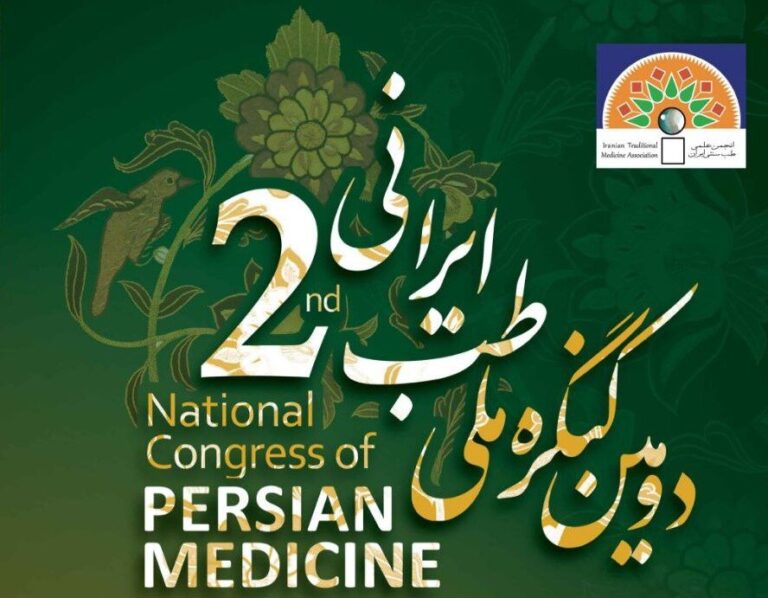
Discover the Future of Healing: 2nd National Congress on Persian Medicine Set for November
The second national congress on Persian medicine will be held in Tehran from November 12 to 14, gathering specialists to discuss advancements in the field. Key topics include preventive medicine, personalized approaches, herbal therapies, and the integration of technology in diagnostics. Following the inaugural congress in May 2024, the event aims to enhance Iran’s global presence in traditional medicine, where it ranks third in clinical trials, after China and India. Despite only 0.3% of healthcare professionals being experts in this field, ongoing training and skill development are priorities for advancing Persian medicine. The congress promises valuable insights into this ancient discipline.
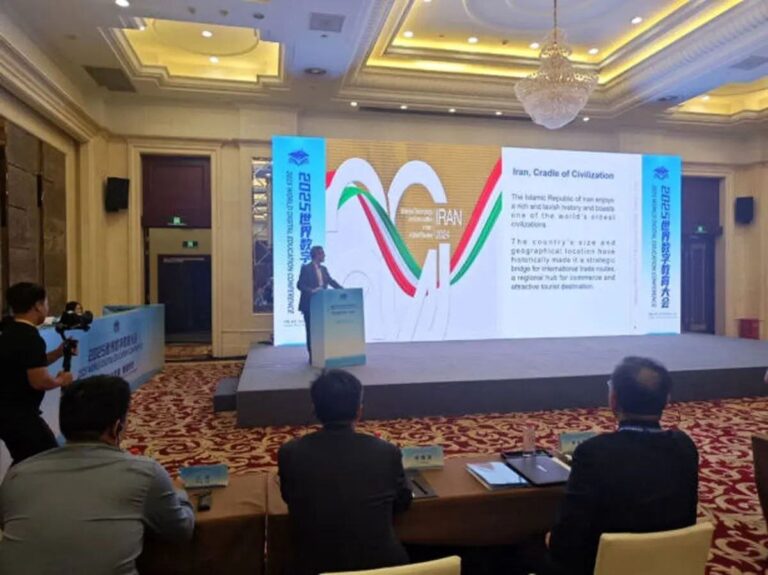
Iran Unveils Innovative Proposals at World Digital Education Conference
The 2025 World Digital Education Conference (WDEC), held in Wuhan, China, highlighted the importance of digital education. Iran’s Deputy Minister, Abolfazl Vahedi, proposed a digital education center and qualification system, showcasing Iran’s strong higher education system. The conference emphasized the transformative role of AI in education, particularly in high-income countries, where many students use AI tools for assignments. Discussions included AI’s benefits in assessment, dynamic learning, and innovative evaluation methods. The conference aimed to promote awareness of modern educational technologies and support the UN’s initiatives for inclusive digital transformation, enhancing the quality and accessibility of education globally.
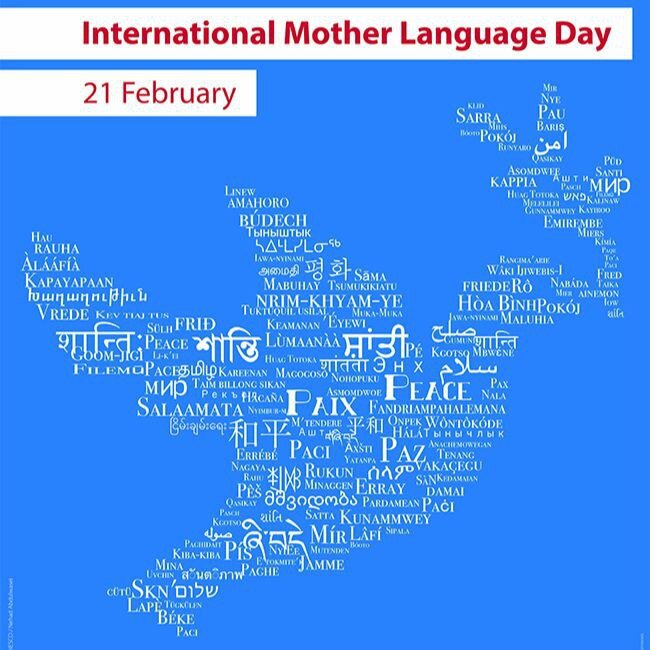
Celebrate International Mother Language Day: The Vital Importance of Language Diversity
February 21 is International Mother Language Day, highlighting the importance of linguistic and cultural diversity. This observance emphasizes that languages are essential for education, identity, and social cohesion. With around 8,324 languages spoken globally, many face extinction due to globalization. Multilingual education enhances comprehension and critical thinking, fostering inclusive societies. Celebrating its 25th anniversary, this year’s theme, “Languages Matter,” stresses the urgency of preserving linguistic diversity for a sustainable world by 2030. Established by UNESCO in 1999, the day calls for renewed commitments to safeguard cultural heritage and promote equitable learning opportunities, ensuring all languages are celebrated and preserved.
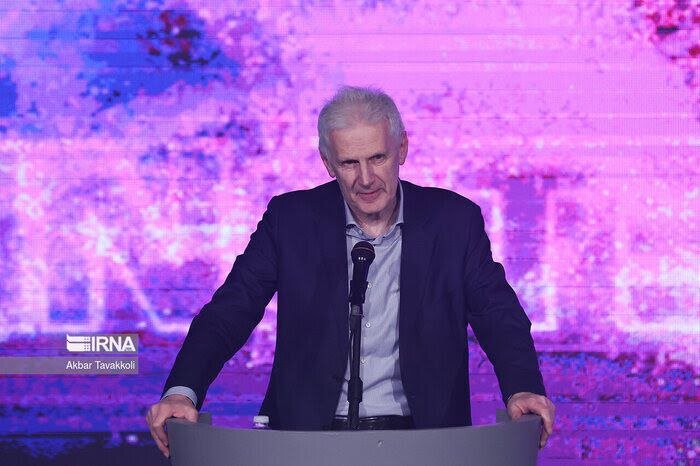
Russian Official Hails Iran’s Progress as a Global Role Model for Development
In recent discussions, Russian Presidential Aide Andrei Fursenko praised Iran as a role model for independence, highlighting the strengthening ties between Iran and Russia. During a Moscow ceremony for the Islamic Revolution’s anniversary, he emphasized opportunities for collaboration, particularly in science, technology, and artificial intelligence. Iranian President Masoud Pezeshkian reinforced this partnership, declaring both nations resilient against Western pressure and committed to independent policies. Their strategic partnership treaty aims to enhance regional security and economic cooperation. As these nations deepen their collaboration, their evolving relationship may influence broader geopolitical dynamics.
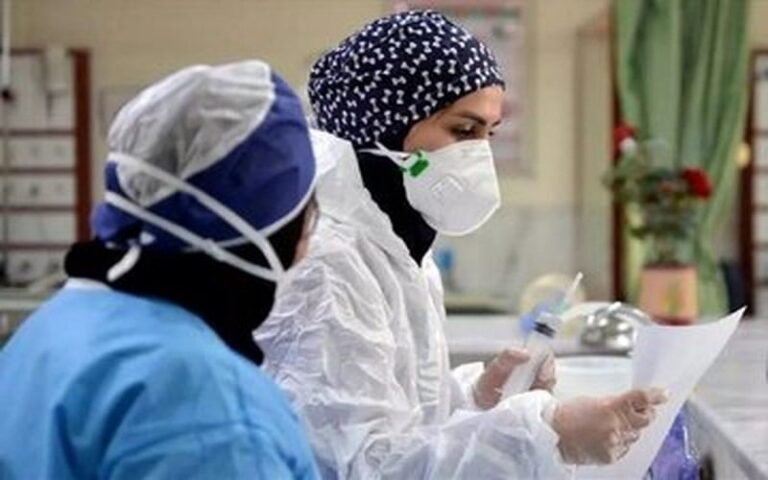
Facing a Nursing Crisis in Iran: Low Wages, Mass Migration, and Government Suppression
The nursing profession in Iran faces a severe crisis due to economic challenges and low salaries, with nurses earning only 14 to 15 million tomans (approximately $200) monthly. Many are forced to live in cars or cramped conditions, leading to a daily exodus of healthcare professionals. Rising rental prices have exacerbated the situation, prompting nurses to migrate to Tehran for better pay, further straining regional hospitals. Government repression against protesting nurses, including job suspensions, has intensified. The Iranian healthcare system is at risk of collapse, leaving millions vulnerable to inadequate care unless urgent reforms are implemented.